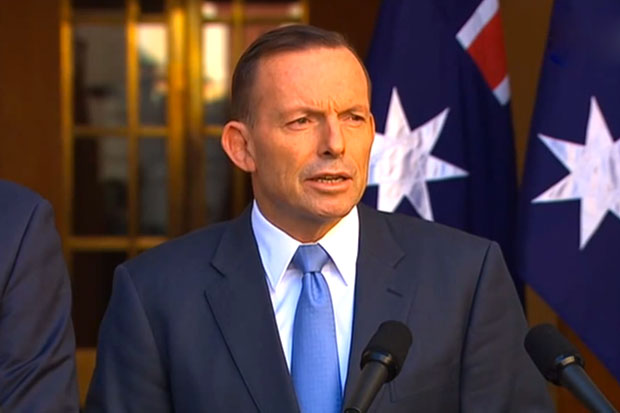The Coalition’s plan to strip dual nationals of their citizenship for a range of actual and apparent offences has been pilloried by experts, with virtually every submission to an inquiry into the legislation suggesting major amendments or the scrapping of the laws.
In a stinging assessment, Anne Twomey, a Professor of constitutional law at the University of Sydney, criticised the content of the Bill as well as its poor drafting.
“While this Bill is being sold to the public on the basis that it involves removing the Australian citizenship of people who have come here from other countries and have then gone overseas to fight for terrorist organisations or commit terrorist atrocities, the reality is that it will also strip Australian citizenship from people born here who commit crimes that have nothing to do with ‘terrorism’ in its publicly understood meaning,” Twomey said.
In an extraordinarily frank assessment Twomey also pointed to a typing error and confused references in the Explanatory Memorandum, describing the Bill as a “fiasco”.
“It is obvious from the inconsistencies and the inadequacies of the Explanatory Memorandum and the Bill that they were prepared in great haste without proper time for careful deliberation and drafting,” Twomey wrote.
“This is not a criticism of the relevant public servants, who were obviously acting under enormous time pressure and stress. It is, however, a criticism of the political process that this Bill was rushed into Parliament without adequate care and scrutiny.
“It is a consequence of making policy on the run and pursuing thought bubbles and sound bites without having first sought and received considered legal advice and without taking adequate time to work through the complexities and consequences of the proposed law.”
While University of Sydney senior lecturer Rayner Thwaites described the drafting of the laws as “slipshod”, the Australian Bar Association backed Twomey’s broader criticisms, as well as other experts who took aim at the law’s fundamental purpose.
Director of ANU’s Centre for Public and International Law, Kim Rubenstein, argued “the status of citizenship in a democratic society should not be treated as a tool of punishment or protection from threats to society”.

Submissions made by the Australian Federal Police and the Department of Immigration have not been publicly released.
Meanwhile, it’s not only lawyers getting in on the fun.
Migration and constitutional experts, human rights groups, Muslim and Jewish bodies, civil liberty councils, and private citizens all took aim at a number of the proposed changes.
Section 33AA, which would see dual citizens lose their Australian citizenship without having any conviction recorded, provoked the deepest consternation and confusion.
While the Minister for Immigration will have the power to reverse the cancellation of citizenship in some cases, they will not actually have to do anything in the first instance for the citizenship to be dissolved, leaving a range of puzzling question.
Several submissions described the laws as ‘self-executing’, and said they relied upon a legal fiction that someone’s citizenship could be stripped without any individual – whether a judge, politician, or bureaucrat – having to make a decision. Multiple submissions suggested this was likely a result of the drafters trying to skirt a constitutional breach of the separation powers.
University of Sydney professor Helen Irving joined Twomey in warning the actions prohibited under 33AA were vaguely defined.
A joint submission from Shipra Chordia, Professor George Williams, and Sangeetha Pillai – of the Gilbert and Tobin Centre of Public Law and Monash University – agreed that stripping citizenship from those fighting for prescribed terrorist organisations was reasonable, but described the current Bill as flawed, disproportionate, and unconstitutional.
“While a number of countries have introduced citizenship revocation legislation as a national security measure, there is no country in which automatic citizenship revocation is triggered by such a broad range of conduct,” they said.
Beyond submissions to the Inquiry, the government has been forced to endure a withering critique of the Bill from former National Security Legislation Monitor Bret Walker SC, who has said repeatedly he does not think the laws will do anything to prevent terrorism.
Of the 43 submissions made the only one, prepared by the Australian Defence Association proposed the current Bill was too lenient.
Donate To New Matilda
New Matilda is a small, independent media outlet. We survive through reader contributions, and never losing a lawsuit. If you got something from this article, giving something back helps us to continue speaking truth to power. Every little bit counts.




